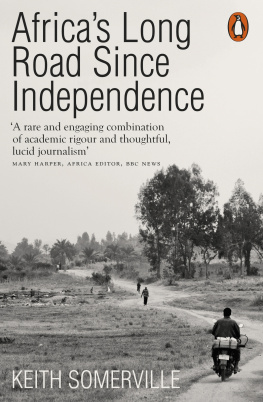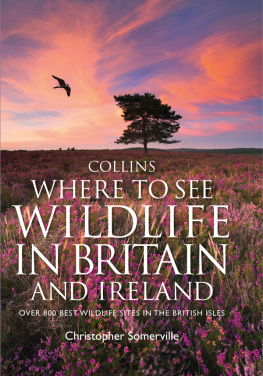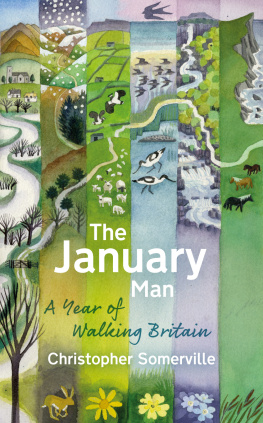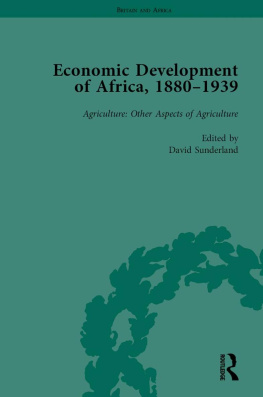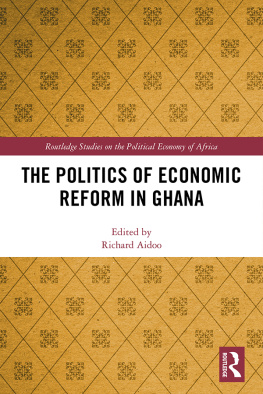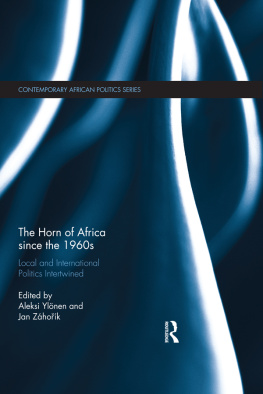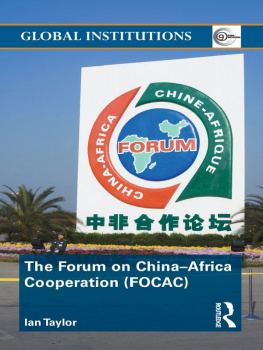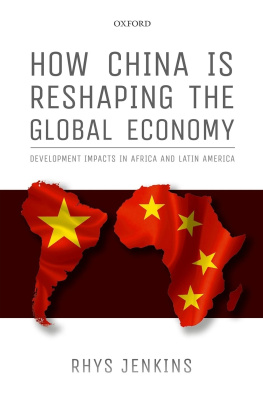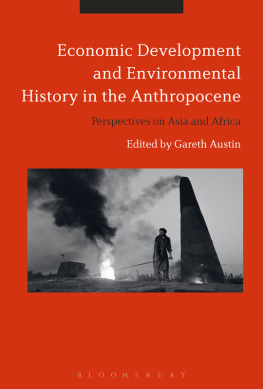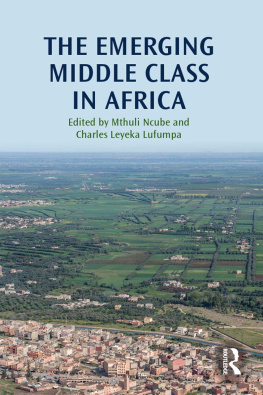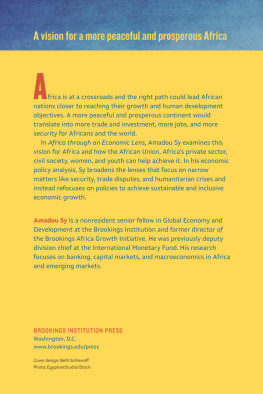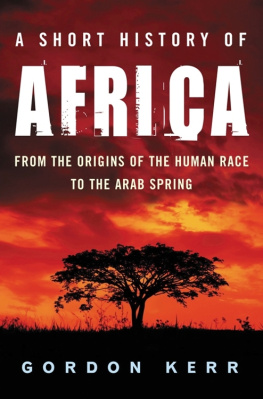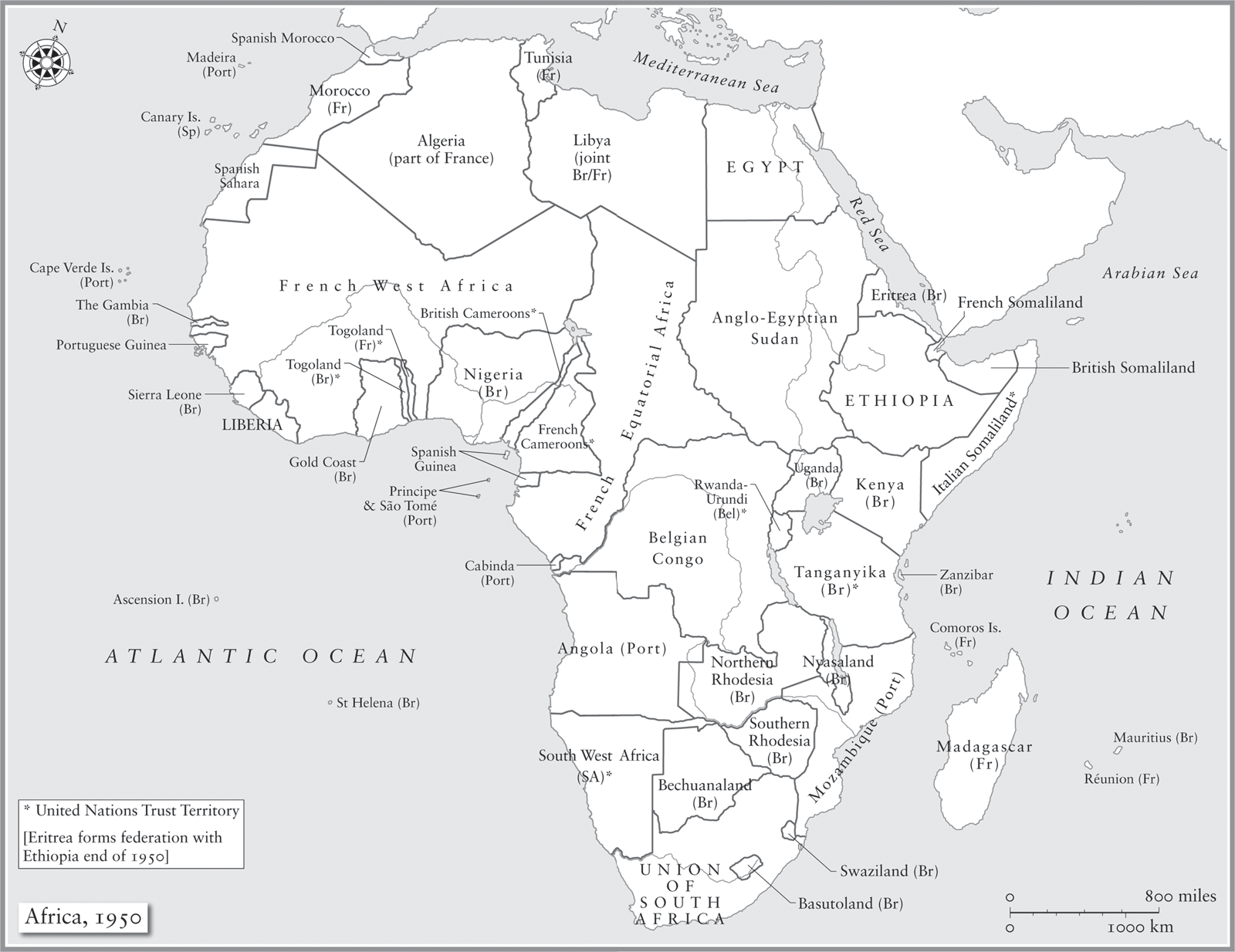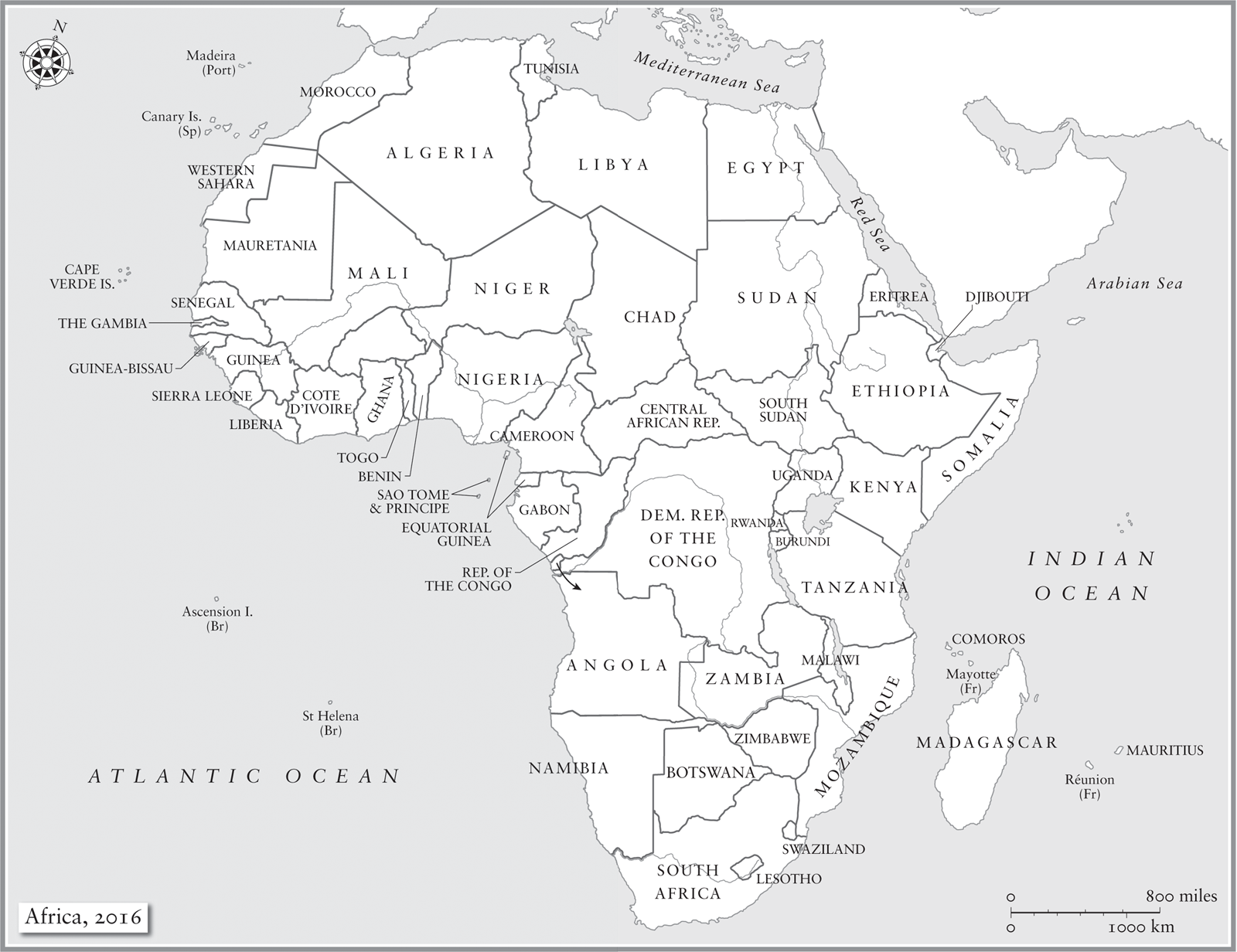PENGUIN BOOKS
AFRICAS LONG ROAD SINCE INDEPENDENCE
Formerly a career journalist with the BBC World Service and BBC News for three decades, Professor Keith Somerville writes and lectures on African affairs. He teaches at the Centre for Journalism at the University of Kent and is a Senior Research Fellow at the Institute of Commonwealth Studies, University of London. His books include Radio Propaganda and the Broadcasting of Hatred.
Keith Somerville
AFRICAS LONG ROAD SINCE INDEPENDENCE
The Many Histories of a Continent
PENGUIN BOOKS
UK | USA | Canada | Ireland | Australia
India | New Zealand | South Africa
Penguin Books is part of the Penguin Random House group of companies whose addresses can be found at global.penguinrandomhouse.com.
First published by Hurst & Co. (Publishers) Ltd 2015
Published in Penguin Books 2017
Copyright Keith Somerville, 2015
The moral right of the author has been asserted
Cover photograph Martina Bacigalupo / VU
Cover design: Antonio Agnelo Colao
ISBN: 978-0-141-98410-0
Acknowledgements
This book has been the product of nearly four decades of the study of Africa, even though it was commissioned and written in 201314. There are many people over the years whove encouraged and supported my work as an academic and a journalist. Foremost among these has been Professor Jack Spence a friend and valued colleague over the years whose advice has always been timely and to the point.
In writing the book I have benefited from the advice and constructive criticism of a number of academic and former BBC colleagues. Teresa Guerreiro, as always, has been willing to read chapters and suggest improvements and places where I could edit out superfluous text and has fought hard and usually successfully to stop me starting sentences with and. Im also very grateful to Professor Richard Rathbone and my colleague at the University of Kent, Giacomo Macola, who have read and helped me improve chapters, and given clear and constructive advice.
Others have played an important role in helping me refine my approach to key areas: Mary Harper on Somalia, Martin Plaut on Kenyas role in Somalia, Umaru Fofana, David Keen and Paul Richards on Sierra Leone, Max Bankole Jarrett and Stephen Ellis on Liberia, Fergus Nicoll on Sudan, Alex de Waal on Darfur, Lara Pawson, Isaias Samakuva and Justin Pearce on Angola, Raymond Suttner on South Africa, Ian Taylor on Botswana, Mathias Muindi on Kenya and Professor Michael Twaddle on Uganda. There have been many others over the years whose input to earlier works has helped enormously with this one. Id also like to thank Professor Philip Murphy and Sue Onslow at the Institute for Commonwealth Studies, for their support since I became a Senior Research Fellow there.
Michael Dwyer and his team at Hurst and Co. have been very supportive and turned this project into a reality for me. Simon Winder and his team at Penguin gave me the opportunity to update and polish the paperback version.
Most of all I need to thank my wife Liz and son Tom for their humour, patience and willingness to criticise, cajole and sometimes just to shut me up! They make sure I dont cross the line in the sand they know what I mean.
Introduction
Arriving in Malawi in late September 1981, I was immediately fascinated by Africa, and have never since broken free or wanted to.
Walking across the tarmac at Lilongwes tiny airport, which struck me as ludicrously small for a capital city, I was presented with sights, sounds, scents and a type of heat Id never experienced before. Id already studied Africa for several years as an undergraduate and postgraduate student, and monitored Ghanaian, Nigerian and South African radio broadcasts from Caversham for the BBC Monitoring Service for 18 months, before being posted to Malawi, but I had much to learn. I was there to monitor more southern African stations and report the news, political and economic information, and comment they broadcast.
After my stay in Malawi, I went on to recently independent Zimbabwe to pursue my research on southern African liberation movements and particularly their relations with the Soviet Union, Cuba and China. While there, I met many of the leaders of the liberation movements, including the founder of the Zimbabwe African Union and author of African Nationalism, Ndabaningi Sithole. With Sithole I talked not just about Zimbabwe and his own political fortunes, but about the broad thrust of nationalism in Africa.
In the 34 years since that first working trip to Africa Ive been back most years and reported on major events such as the first fully democratic elections in South Africa in 1994, the demands for greater democracy in Africa in the early 1990s and the human consequences of the civil war in Angola, to name but a few. In nearly four decades of reporting, documentary-making and research in Africa Ive been in the privileged position of witnessing key events at first hand, interviewing major African decision-makers and ordinary people about these events and being able to debate developments and trends with leading analysts and commentators as well as foreign academics and journalists covering the continents affairs and those of specific states. This has offered me a perspective that is often different from those of academics, and by keeping a foot in the academic and journalistic worlds, Ive had the time to dig deeper than deadlines and editors demands permit many journalists to do.
This background and direct experience has moulded my views on Africa over time and led me to expect the unexpected. Most of all, it has taught me that its only with the luxury of hindsight and historical analysis that we can begin to identify the circumstances, structures and elements of human agency that combined to produce events that took many by surprise.
An example of this is the peaceful transition in South Africa after the 1994 elections. I had been a close observer of the process of change there as both a journalist and an academic analyst. When I went out in April 1994 to lead the World Services South Africa news team, I was equipped with a flak jacket and a local minder, both because of the township violence between Nelson Mandelas African National Congress (ANC) and the Zulu leader Mangosuthu Buthelezis Inkatha Freedom Party (IFP) and because of the threat of violence of far-right Afrikaner nationalist groups. Just after my arrival there were explosions near my hotel in a plush suburb of Johannesburg and in nearby Germiston, set off by these latter groups. But after the elections, reconciliation became the theme of the transition and the feared violence from the far right did not materialise, while Inkatha and Buthelezi were brought into the new ANC-dominated government.
At the same time, the horrific Rwandan genocide was underway, ignored by much of the worlds press and by the UN despite the pleas of people on the ground in Kigali. With the luxury of hindsight, analysts and journalists like me can chart the chilling progress towards the genocide, but at the time it took people by surprise, as did the killing of President Juvnal Habyarimana. I was editing the evening edition of the BBC World Service

